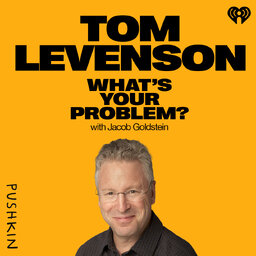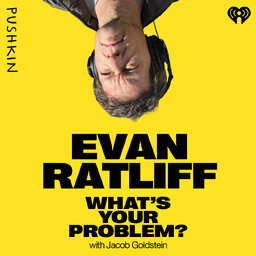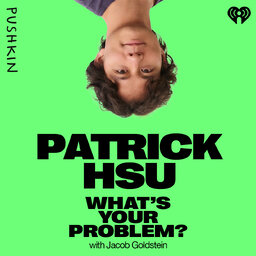Sam Bankman-Fried Wants to Save the World
Sam Bankman-Fried is the founder and CEO of the crypto exchange FTX. His problem: How to spend billions of dollars to save humanity.
Sam is one of the most interesting people in crypto -- in large part because he doesn't think crypto is the most interesting thing in the world. He got into the business because he wanted to make as much money as possible in order to give almost all of it away.
He's now worth over $20 billion, and he's already donated hundreds of millions. In the next few years, he could give away billions more.
On today's show, he lists a few of the causes he's supporting -- and explains why he's likely to make massive political donations in 2024.
If you’d like to keep up with the most recent news from this and other Pushkin podcasts be sure to subscribe to our email list.
In 1 playlist(s)
What's Your Problem?
Every week on What’s Your Problem, entrepreneurs and engineers talk about the future they’re trying …Social links
Follow podcast
Recent clips

The Killer We Refused to See
39:13

The Startup Run by AI Agents
54:16

Can AI Help Solve Alzheimer’s?
33:47
 What's Your Problem?
What's Your Problem?